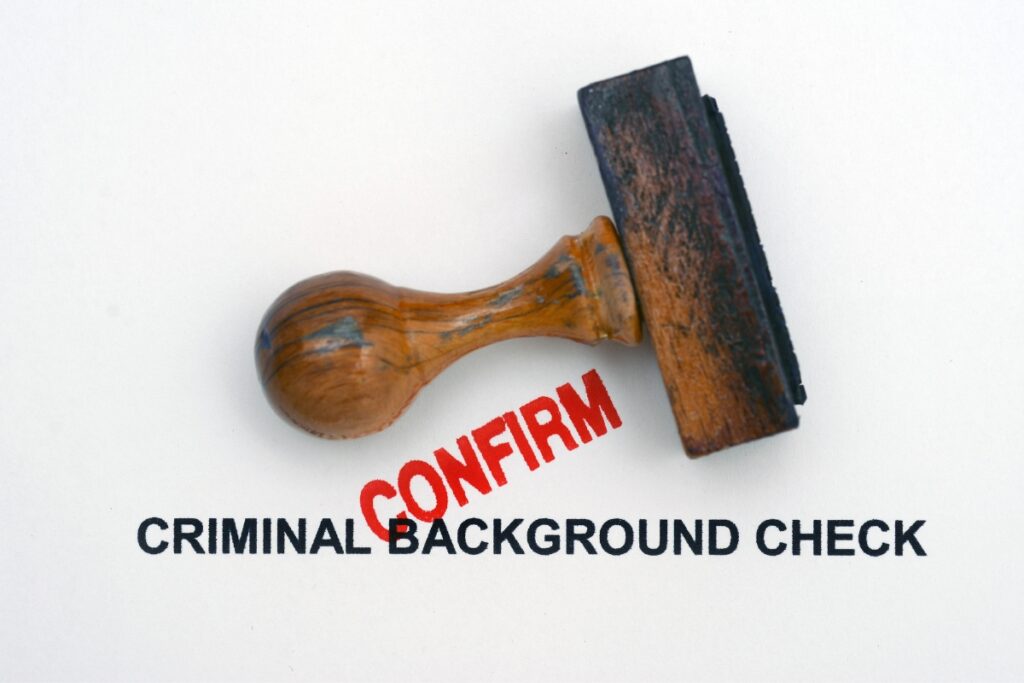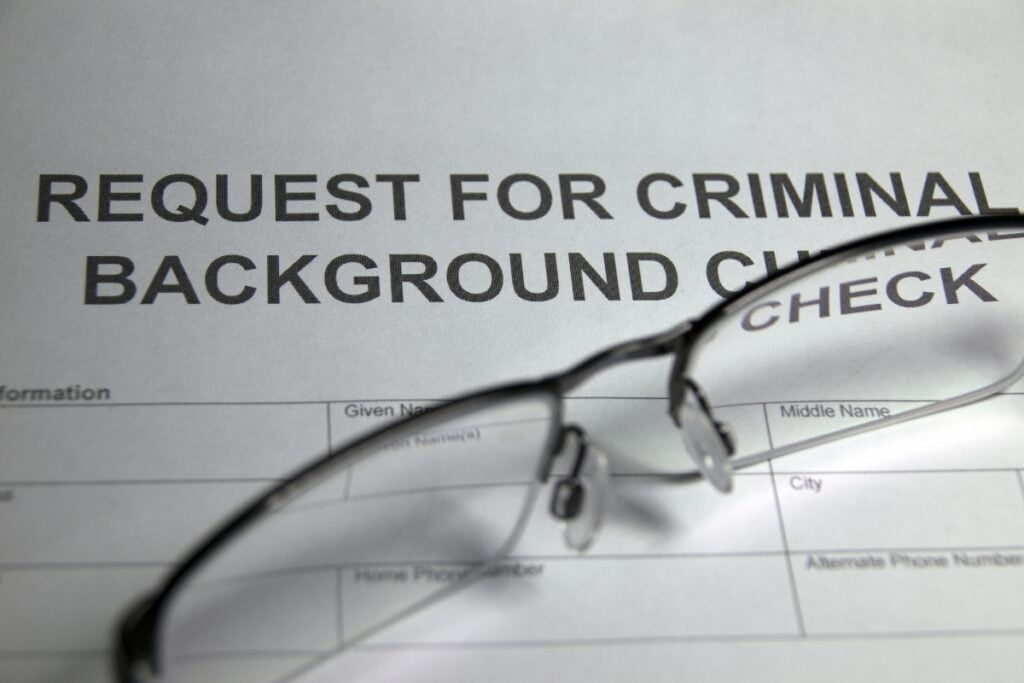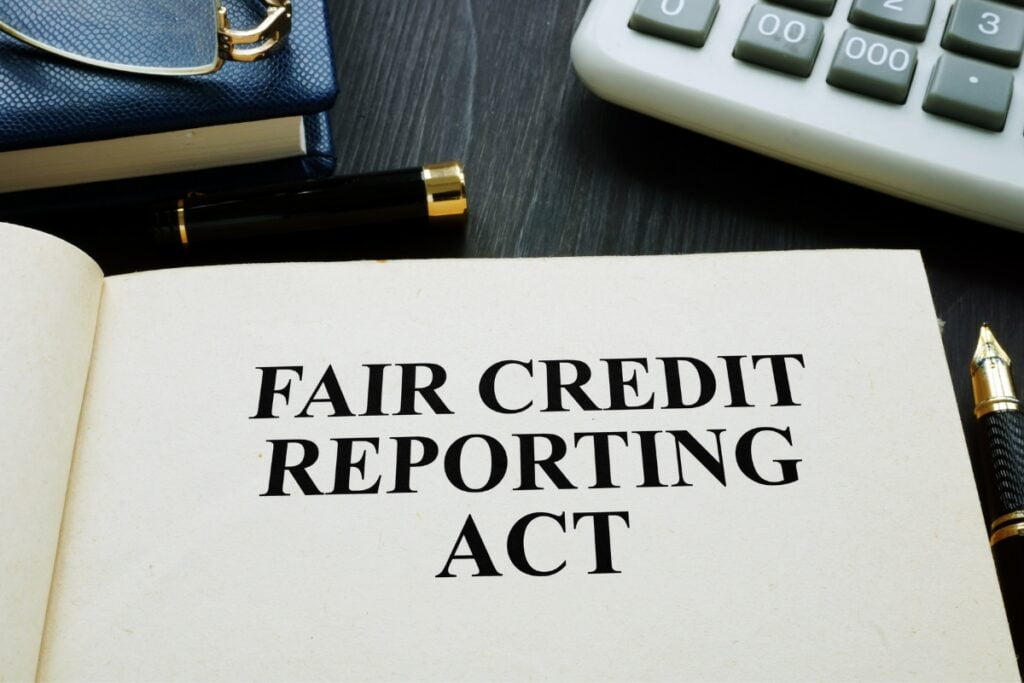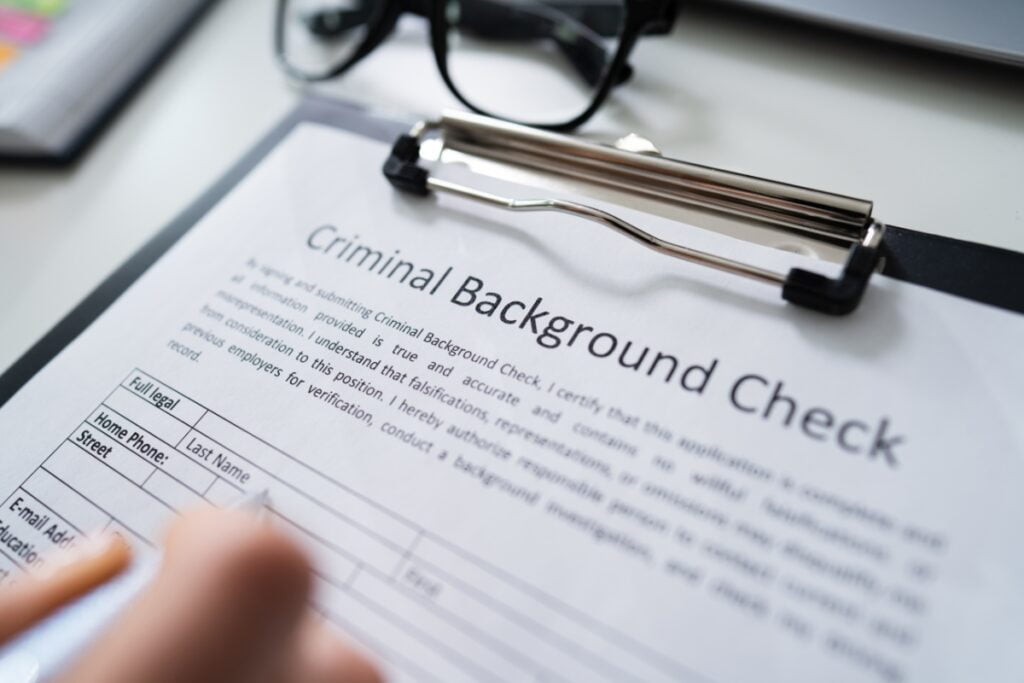You might have heard that a criminal record can stay with you for life, but do you understand what kinds of criminal charges can show up in a background check? When it comes to criminal charges, there are two main categories: felony and misdemeanor. The difference between them lies in the severity of the act committed and the consequences, whether in terms of the sentence they carry or the impact it has on future opportunities.
In this blog post, we will dive deep into the ins and outs of felony and misdemeanor charges so you can approach background checks with confidence. So, keep reading to learn what you need to know about felony and misdemeanor charges on background checks.
Understanding the Difference between Felonies and Misdemeanors

Criminal law is complicated and can be difficult to understand. That’s why it’s important for employers to know the difference between felony and misdemeanor charges when running a background check. Knowing the difference will help employers make informed decisions when evaluating potential employees.
A felony is a serious offense that can carry stiff penalties, including significant jail time. Felonies are typically the most serious criminal charges. Examples of felonies include murder, rape, armed robbery, and burglary. The punishment for a felony conviction can range from probation to life in prison.
Misdemeanors are less serious offenses and usually carry lighter punishments. Examples of misdemeanors include petty theft, public intoxication, vandalism, and disorderly conduct. Punishments for misdemeanors range from a fine or probation to jail time of up to a year.
It’s important to note that felonies and misdemeanors have different implications when it comes to background checks. In most cases, felonies stay on a person’s record permanently. In contrast, misdemeanors may be removed over time, depending on state laws. This means that employers may be able to access information about felony charges for an indefinite period of time, but they may not be able to access information about misdemeanors, depending on the state.
In addition, employers should be aware of the implications of felony and misdemeanor charges when it comes to the hiring process. Generally speaking, employers can use criminal records as a factor in considering a candidate, but there are restrictions in place to protect potential employees. For example, employers can’t disqualify a candidate solely because of a felony or misdemeanor charge.
The Impact of Felony and Misdemeanor Charges on Background Checks

When an individual is convicted of a crime, their criminal record can have a major impact on their future prospects, especially when it comes to job searches. Felony and misdemeanor charges are some of the most common types of charges that are included in a background check, and they can have long-term repercussions. In this article, we’ll discuss what employers need to know about felony and misdemeanor charges and the potential impact they can have on a job search.
A felony is the most serious type of criminal charge that an individual can face. It is typically referred to as a crime of dishonesty, and it is punishable by a prison sentence of one year or more. Misdemeanors are less serious offenses, and they can include simple traffic violations or low-level offenses such as disorderly conduct.
While a misdemeanor charge is less severe than a felony, it can still have a negative impact on an individual’s background check. For instance, a misdemeanor charge may appear on a background check even if it was dismissed in court. This can be detrimental to an applicant’s job prospects, as many employers consider misdemeanors to be a sign of untrustworthiness.
On the other hand, felonies are far more likely to have a negative impact on a job search. Employers may be reluctant to hire an applicant with a felony conviction, as it can be a sign of unethical behavior or a lack of responsibility. Furthermore, some employers may feel that felonies are too serious of an offense to overlook.
It is important to note that background checks are typically used to screen applicants for certain types of jobs. For instance, employers in the healthcare, finance, and education industries may be more stringent in their background checks than other types of employers.
Additionally, some employers may be willing to overlook misdemeanor charges if the applicant has a good work history and references.
What Employers Can and Cannot Do Regarding Felony and Misdemeanor Charges

When it comes to background checks related to felony and misdemeanor charges, there are a few things that employers should be aware of. It is important to understand what employers are and aren’t allowed to do so that they don’t violate any laws or the legal rights of their employees.
When it comes to background checks, employers can use publicly available information such as court records to find out about any felony or misdemeanor charges.
However, employers cannot use background checks to discriminate against applicants or employees based on any criminal convictions or arrests. It is important to note that employers cannot use any confidential criminal records or information that are not available to the public.
In addition, employers cannot ask about any arrests that did not lead to a conviction or any juvenile offenses. It is also important to note that employers cannot deny an applicant or employee based solely on a criminal background check. Employers must consider other factors such as the date of conviction, the nature of the crime, and how it relates to the job in question.
When it comes to felonies and misdemeanors, employers can ask about any convictions or pending charges in relation to the job and must have a written policy in place for how they handle such information. Employers must also make sure that any background checks are conducted fairly and that any information obtained is kept confidential.
When conducting background checks related to felony and misdemeanor charges, it is important that employers follow all applicable laws and regulations.
This includes not discriminating against an applicant or employee based on any criminal convictions or arrests, as well as considering other factors such as the date of conviction, the nature of the crime, and its relevance to the job.
Employers should also have a written policy in place for how they handle such information and make sure any background checks are conducted fairly and any information obtained is kept confidential.
Background Checks and the Fair Credit Reporting Act (FCRA)

Background checks are a tool used to assess an individual’s suitability for work or other important decisions. In order to conduct a thorough background check, employers need to know if an applicant has any felony or misdemeanor charges in their history. This is where the Fair Credit Reporting Act (FCRA) comes in.
The FCRA is a federal law that was enacted in 1970, which is designed to regulate the accuracy and use of consumer information by credit reporting companies. This law also applies to employers who use consumer reports for employment purposes, including background checks.
Under the FCRA, employers must get written consent from the applicant before conducting a background check. This consent must include a clear explanation of the background check, along with a detailed description of the applicant’s rights under the law, such as the right to dispute inaccurate information in the background check.
The FCRA also requires employers to inform an applicant if any negative information is found in the background check, and to provide a copy of the report before taking any adverse action.
Additionally, the FCRA stipulates that employers cannot use information from a background check that is more than seven years old, unless it is for a position of public trust or involves national security. The FCRA also prohibits employers from making any decisions or taking any actions based solely on the results of the background check, and requires employers to consider other factors in their decision-making process.
Rights of Employees with Felony or Misdemeanor Charges

Background checks are used by employers to ensure that their potential employees do not have any history of criminal activity that could pose a threat to their company or their customers. In most cases, these background checks are conducted using third-party companies who specialize in background screening. The background check will typically include a check of criminal records, drug testing, and previous employment.
When an employer conducts a background check and discovers that an applicant has a felony or misdemeanor charge on their record, it is within their right to exclude the individual from the hiring process. However, employers must take certain precautions to ensure that the applicant is not discriminated against because of their criminal record.
The first step is for the employer to conduct a thorough and accurate background check. They should make sure that all of the information they have gathered is accurate and up-to-date. If the employer discovers that the applicant has a felony or misdemeanor charge, they must provide the applicant with an opportunity to explain the circumstances surrounding the charge.
Employers also need to be aware of the Fair Credit Reporting Act (FCRA) which provides protections for individuals against discrimination during the hiring process. Under the FCRA, employers are required to provide a copy of the background check to the applicant and provide them with an opportunity to dispute any inaccurate information. Employers are also prohibited from using any information from the background check in a discriminatory manner.
Finally, employers should also be aware of the Equal Employment Opportunity Commission (EEOC). The EEOC is a government agency that is responsible for protecting the rights of employees and applicants in the workplace. The EEOC provides guidance for employers on how to treat employees with criminal records and ensures that employers do not discriminate against those with felony and misdemeanor charges during the hiring process.
Final Thoughts on Felony and Misdemeanor Charges on Background Checks
Felony and misdemeanor charges can have a major effect on background checks, and it is important to understand the consequences of these charges, especially if you are going to be applying for a job.
A felony charge is considered the more serious of the two charges, and it can carry a harsher penalty. On the other hand, a misdemeanor charge may not have as severe of a punishment, but it is still a serious charge that can stay on your criminal record for a long time.
When considering a job, it is important to understand the potential consequences of having a felony or misdemeanor charge on your background check. Employers are likely to view felony charges more seriously than misdemeanors, and the consequences can be severe.
It is important to consider the potential consequences of these charges and understand how they may impact your ability to find employment.
To ensure due process with your organization’s background checks, choose a professional background check company like Impeccable Background Solutions.
We offer comprehensive background screening services to assist businesses and organizations with their screening processes to choose the best candidates for their organization’s needs.
If you’re interested in learning more about our services or have any questions about what we do, get in touch using our website contact form or go ahead and call us at 404-796-8419. Choose Impeccable Background Solutions today!





